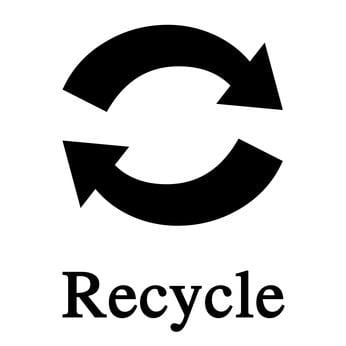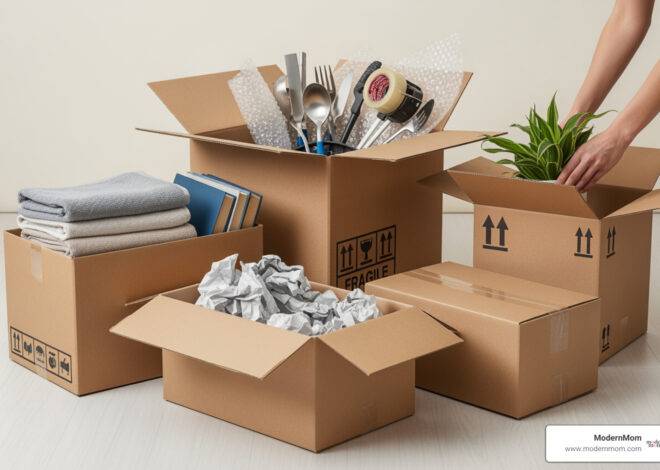Going green is more than just a trend, and a far cry from being just another marketing ploy companies use to attract potential customers. In fact, adopting green habits can improve you and your family’s health, help preserve the environment and save your family money. By implementing a few practices into your current routine, you can be green at home and reap the benefits.
Step 1
Check with your city or county to determine if recycling is collected in your area. If it is, set up a recycling area in your home to make sorting reusable items, like paper and plastic, easier. Get your children involved by explaining to them the benefits of recycling and how they can do their part to help.
Step 2
Ditch the paper towels, and buy reusable cotton napkins. Buy cotton napkins in bulk from restaurant supply stores, discount stores or custom order them online. Purchase enough so that you only have to wash them weekly or bi-weekly; the number you buy depends on the size of your family.
Step 3
Resist the urge to put plastic utensils, disposable plates and cups into your grocery cart on your next shopping trip. Instead, use reusable dishes and utensils to serve your family breakfast, lunch and dinner.
Step 4
Ensure that your appliances, such as the washer and dryer, stove, dishwasher and refrigerator, are Energy Star Efficient. These appliances are eco-friendly, use less energy and can save you money on your gas and electric bill.
Step 5
Eliminate cleaning products with harmful chemicals and opt for eco-friendly cleaning brands, such as Method, Seventh Generation and Meyers. Green cleaning supplies are formulated with essential oils and common household products like vinegar. Many contain ingredients that are naturally derived from plants.
Step 6
Stock your refrigerator with produce and other food items from local farmers and stores. Visit your local farmer’s market with your family to purchase fruits and vegetables that your family enjoys. Or, plant a garden in your backyard that includes the fruits, vegetables and herbs that your family frequently eats.
Step 7
Add a filter on the sink in your kitchen to ensure that your family drinks clean, safe water. Avoid buying plastic water bottles. Instead, opt for stainless steel refillable water bottles that you and your family can take to the school, office or on weekend trips. Easy to clean and store, stainless steel water bottles are a safer, more eco-friendly alternative to plastic bottles.
Photo Credit
- recycle image by Georgios Kollidas from Fotolia.com





